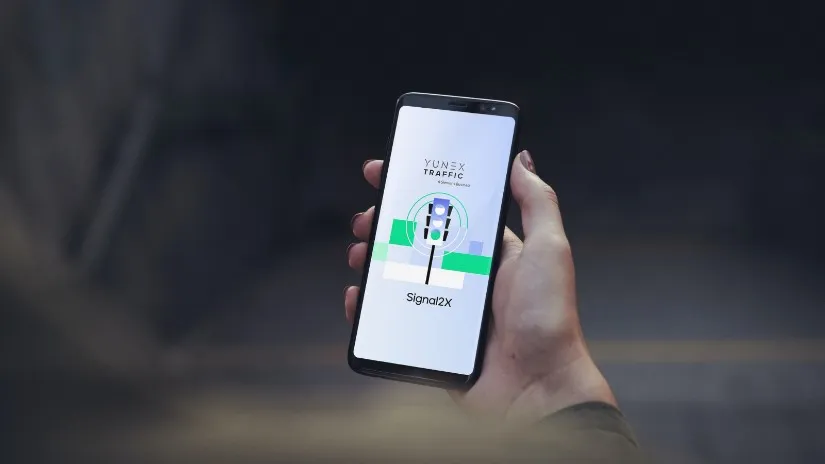Siemens will install its eHighway on the A5 federal autobahn between the Zeppelinheim/Cargo City Süd interchange at the Frankfurt Airport and the Darmstadt/Weiterstadt interchange, the first time the eHighway has been tested on a public highway in Germany.
Siemens will be responsible for the planning, construction and, as an option, maintenance of the system, which is being built as part of the joint project “Electrified, innovative heavy freight transport on autobahns” (ELISA) of Germany’s Federal Ministry for the Environment, Nature Conservation, Building and Nuclear Safety (BMUB). Hessen Mobil, responsible for road and transport management in Hesse, is managing the project.
The core element of the system is an intelligent pantograph on the trucks combined with a hybrid drive system. Trucks equipped with the system operate locally emission-free with electricity from the overhead line and automatically switch to a hybrid engine on roads without overhead lines.
Siemens claims the eHighway is twice as efficient when compared to internal combustion engines, cutting energy consumption in half and also significantly reducing local air pollution.
Siemens to build eHighway in Germany
Siemens has been commissioned by the German state of Hesse to build an overhead contact line for electrified freight transport on a ten kilometre stretch of autobahn to supply electricity for the electric drive of a hybrid truck. Siemens will install its eHighway on the A5 federal autobahn between the Zeppelinheim/Cargo City Süd interchange at the Frankfurt Airport and the Darmstadt/Weiterstadt interchange, the first time the eHighway has been tested on a public highway in Germany. Siemens will be responsib
August 11, 2017
Read time: 2 mins







